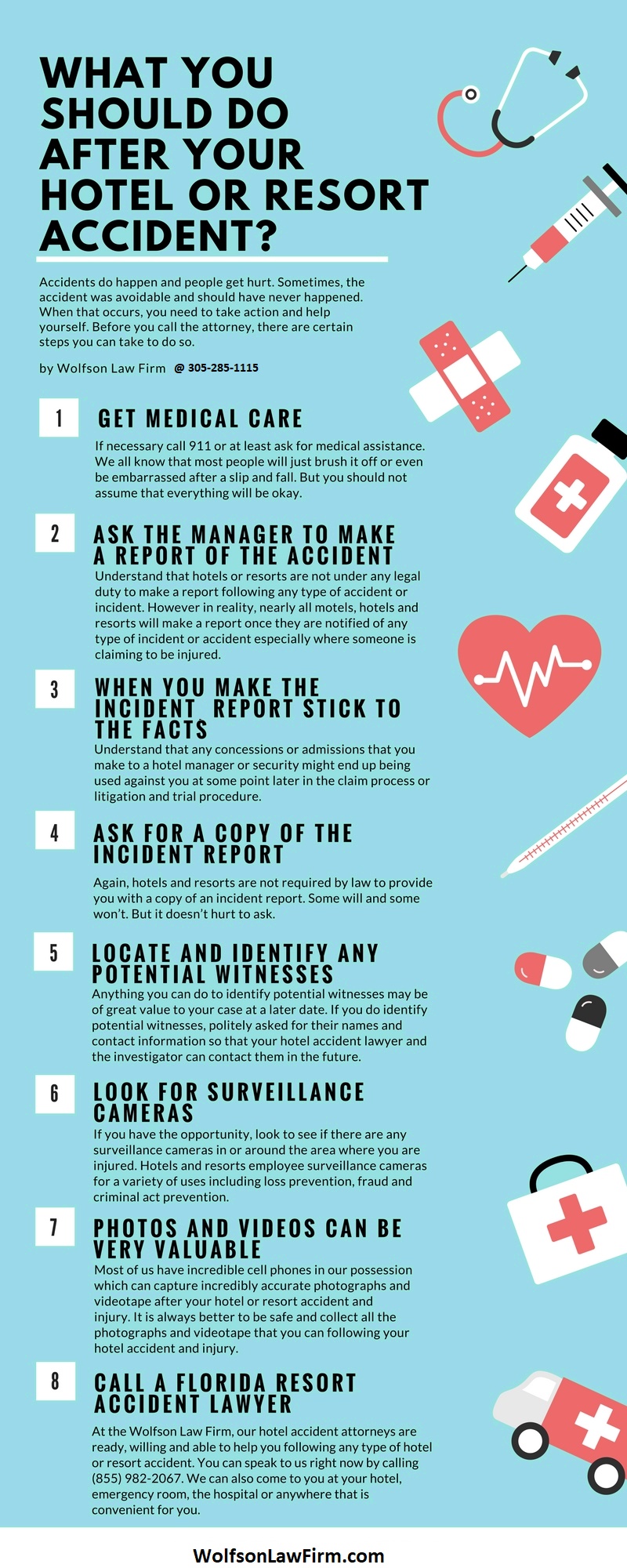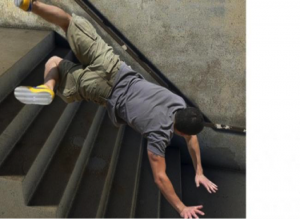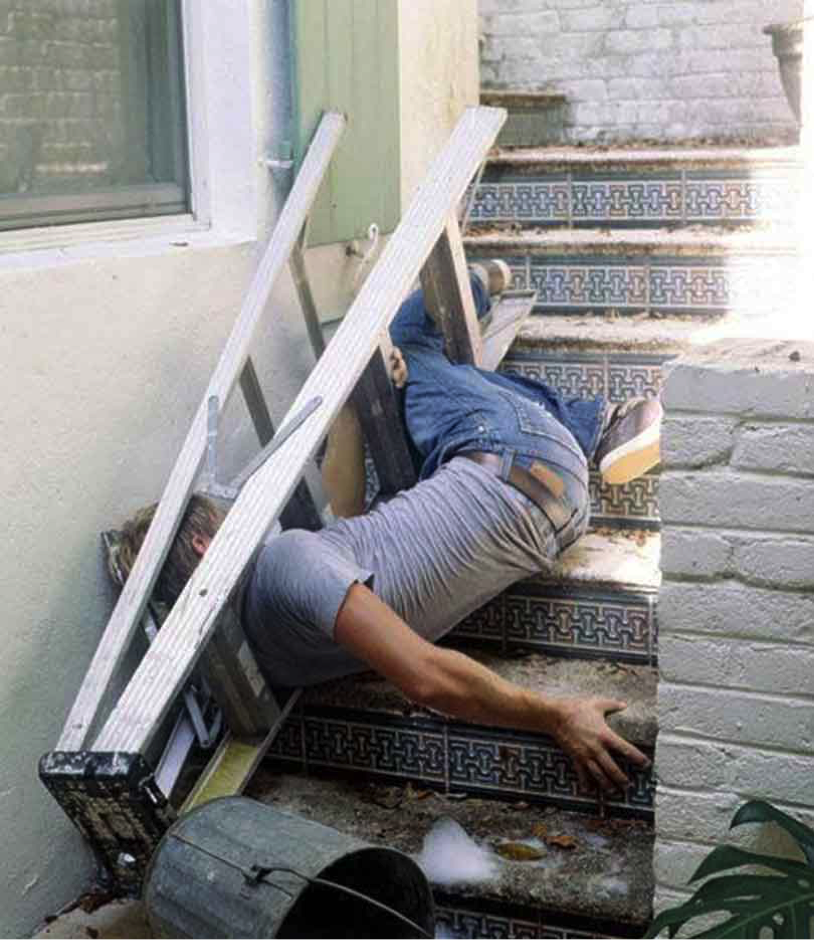
In Florida, extensive statistics are kept by law enforcement. In theory, those statistics are used to measure performance, effectiveness and for the deployment of resources. In addition, crime statistics can be informative for political purposes. But it is always a good idea to look at any statistical analysis with a cautious eye. One must always consider what is being measured and, especially, what is not being measured. With that in mind, we look at Florida’s Crime Clock as promulgated by the Florida Department of Law Enforcement.
In the most recent version of the Crime Clock, the year 2016 is examined. Again, with a grain of salt, the results are interesting and informative. Crime clearly remains a serious problem here in Florida. Here are some of the results:
- There is an aggravated assault committed every 9 minutes in Florida
 Miami Personal Injury Attorney Blog
Miami Personal Injury Attorney Blog



 What would you do if you were injured at an Airbnb location in Florida? If the accident wasn’t your fault, do you know how to hold the responsible person or company accountable for your damages, medical expenses and loss of income? Our
What would you do if you were injured at an Airbnb location in Florida? If the accident wasn’t your fault, do you know how to hold the responsible person or company accountable for your damages, medical expenses and loss of income? Our  Like any other gas station or convenience store, Wawa may be liable for accidents resulting in personal injury. If you or a loved one is seriously injured while visiting any of the 90 plus Wawa stores in Florida, you are strongly urged to speak with a
Like any other gas station or convenience store, Wawa may be liable for accidents resulting in personal injury. If you or a loved one is seriously injured while visiting any of the 90 plus Wawa stores in Florida, you are strongly urged to speak with a  Most of us have ordered the specials at our favorite Chinese restaurant. You get to pick and choose from a variety of choices. Usually you pick a soup from column A. Then another choice for appetizer from Column B. Then yet another choice for the main course from Column C. You get to pick and choose. In a premises liability trial, the defense will usually present a Chinese menu of defenses and offer the jury a variety of ways to deny the injured person a full, fair and complete recovery. The
Most of us have ordered the specials at our favorite Chinese restaurant. You get to pick and choose from a variety of choices. Usually you pick a soup from column A. Then another choice for appetizer from Column B. Then yet another choice for the main course from Column C. You get to pick and choose. In a premises liability trial, the defense will usually present a Chinese menu of defenses and offer the jury a variety of ways to deny the injured person a full, fair and complete recovery. The  A Miami jury split the fault in a
A Miami jury split the fault in a